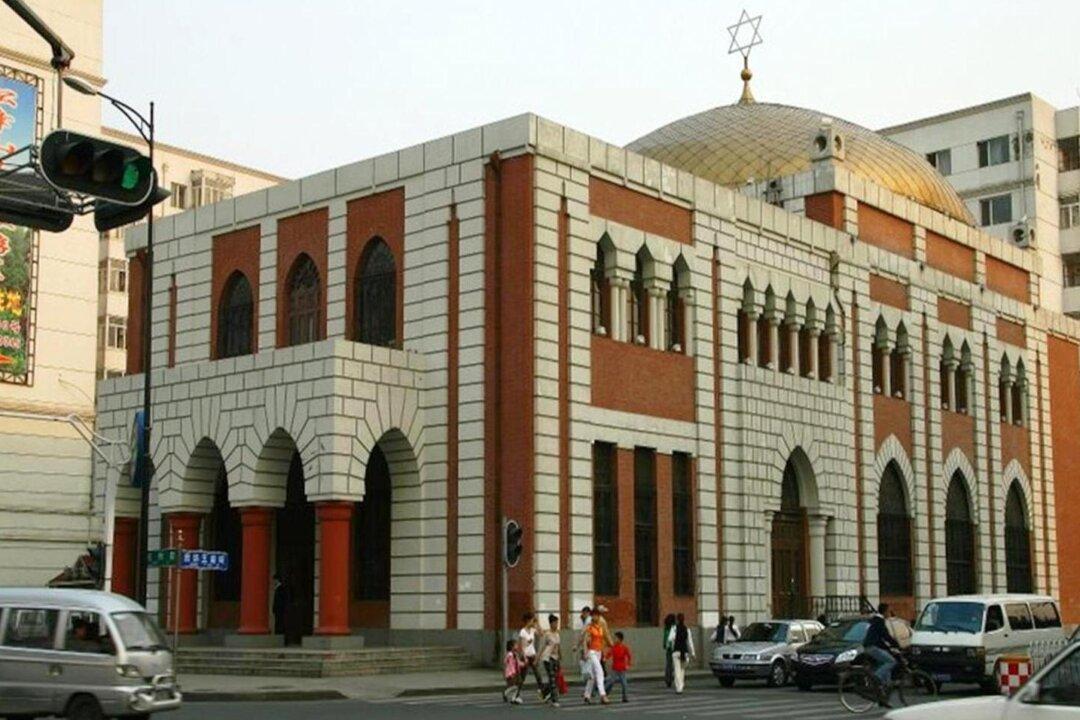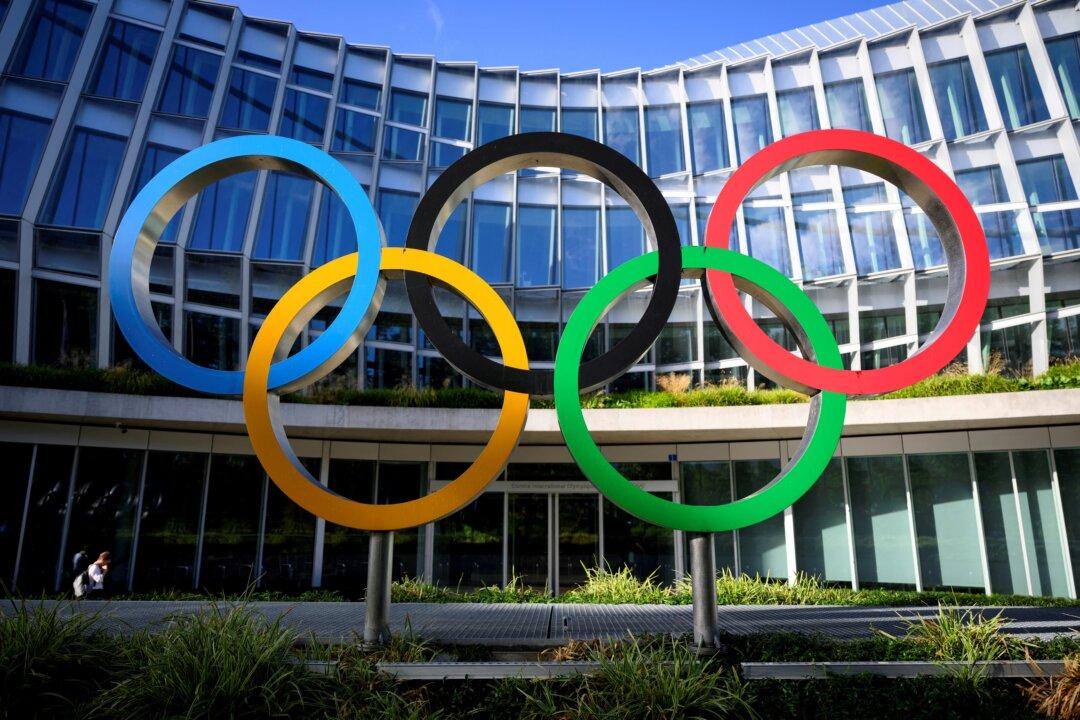Commentary
There are approximately 3,000 Jews in China. In a population of a billion people, that’s a statistical rounding error. The overwhelming majority of Chinese people will never meet a Jew, even though they have maintained a presence in China for 1,000 years.





